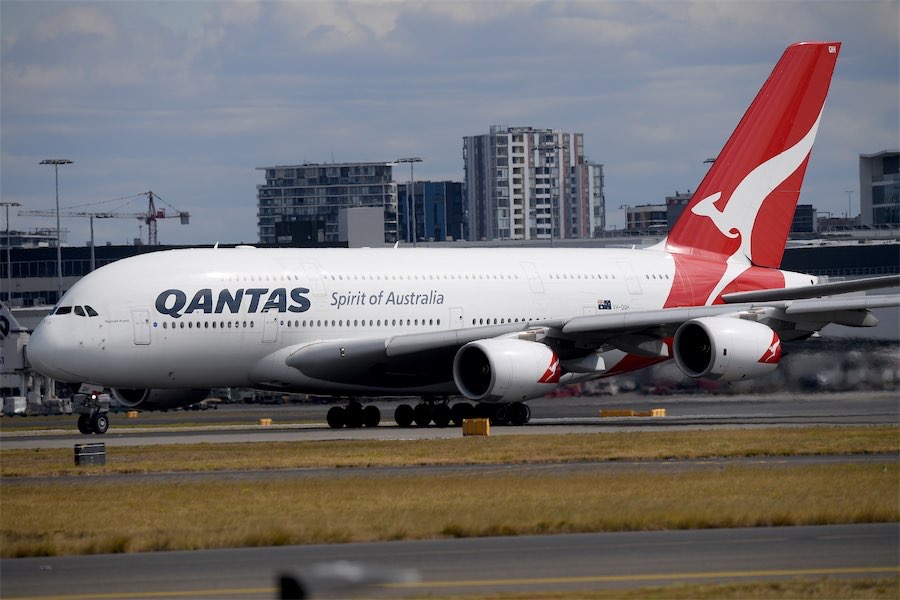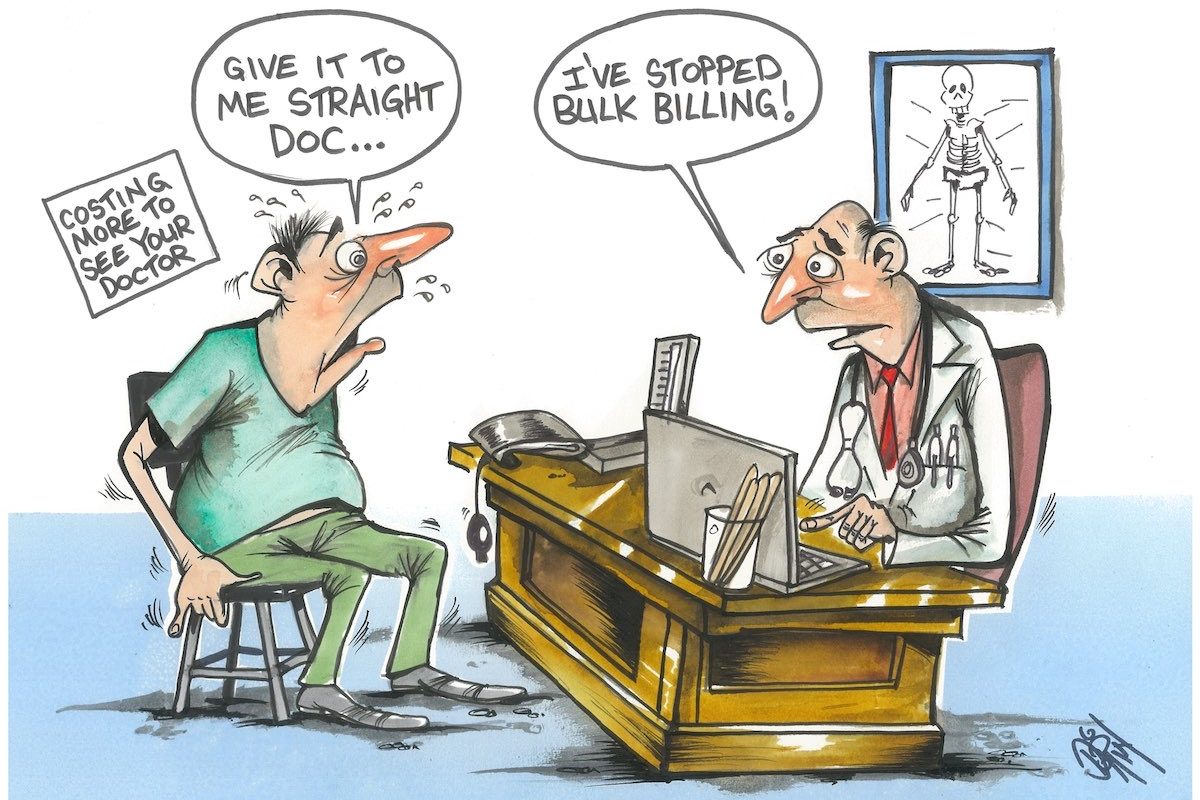
By Poppy Johnston in Canberra
Business confidence was knocked back into a negative reading last month, with retail and other consumer-facing sectors hit hard by households tightening their belts.
A deterioration in the already sour mood in the private sector, as captured in National Australia Bank’s survey, follows warnings from financial regulators that mortgage-holders are falling behind on their monthly payments, albeit from low levels.
NAB chief economist Alan Oster said the May business survey contained warning signs for weak growth but also the inflation outlook, with costs borne by firms seemingly re-accelerating.
“We have been wary for some time that the path of inflation from here is likely to be gradual and uneven and the survey results really reinforce this message,” he said.
Business conditions also softened further in May, reflecting sluggish economic activity as seen in the March quarter national accounts.
Mr Oster said the Reserve Bank would likely keep interest rates on hold at 4.35 per cent, where it has been for several months, “for some time yet” as it navigates these “contrasting risks”.
NAB, along with Westpac and the Commonwealth Bank, expect interest rates to stay on hold until cuts start late this year while ANZ revised its call on Tuesday and is now pencilling in a February 2025 start for an easing cycle.
ANZ head of Australian economics, Adam Boyton, said there were several reasons behind the new call, including strength in the jobs market, robust government spending, and more resilience in the household sector than thought.
Mr Boyton said higher interest rates were clearly “working” to slow the economy – and that was why no more hikes were needed – but it was taking longer than expected to temper demand enough to bring it into better balance with supply, which is needed for inflation to come back to target.
The financial pressure on households is starting to materialise in a rising share of borrowers falling behind on mortgage payments and applying for hardship, but from low levels, according to a statement from the Council of Financial Regulators’ quarterly meeting.
The statement from the meeting, which involves the RBA, Treasury, the Australian Prudential Regulation Authority, and Australian Securities and Investments Commission, said most borrowers were still able to meet their debt repayments, however, by changing their spending habits to make ends meet.
Treasurer Jim Chalmers said higher interest rates were the “key reason why people are under pressure and our economy is soft”.
“People are under the pump and that’s why our budget and our economic plan is all about easing cost of living pressures with tax cuts for every taxpayer and energy rebates for every household and for a million small businesses,” he said.
Shadow treasurer Angus Taylor said the government was spending too much and “slamming the accelerator” while the RBA “has its foot firmly on the brake”.
“(Prime Minister) Anthony Albanese and Jim Chalmers need to take responsibility for their economic mismanagement,” he said.
“Unfortunately, we continue to see them blaming everyone but themselves.”
Who can be trusted?
In a world of spin and confusion, there’s never been a more important time to support independent journalism in Canberra.
If you trust our work online and want to enforce the power of independent voices, I invite you to make a small contribution.
Every dollar of support is invested back into our journalism to help keep citynews.com.au strong and free.
Thank you,
Ian Meikle, editor





Leave a Reply